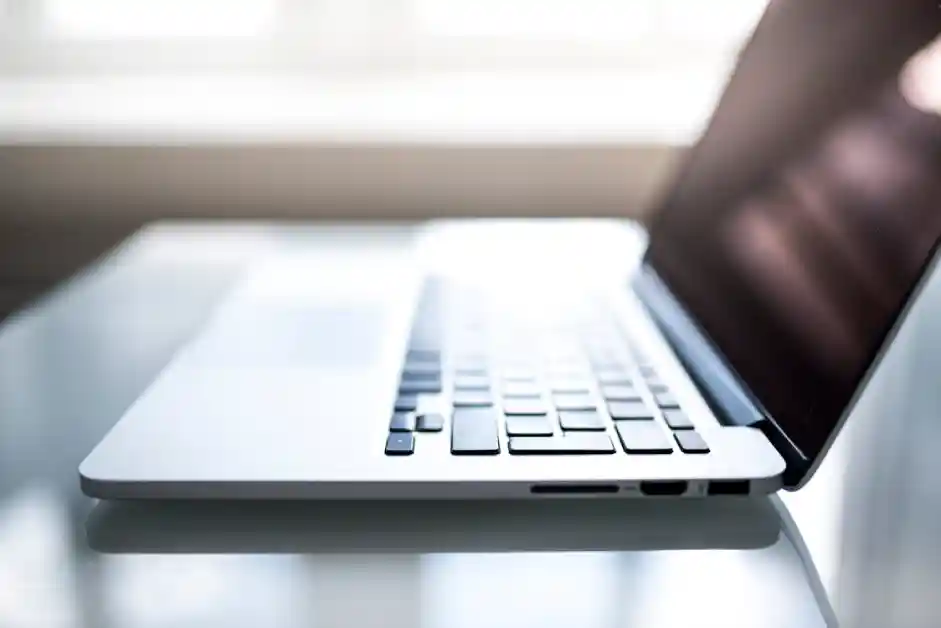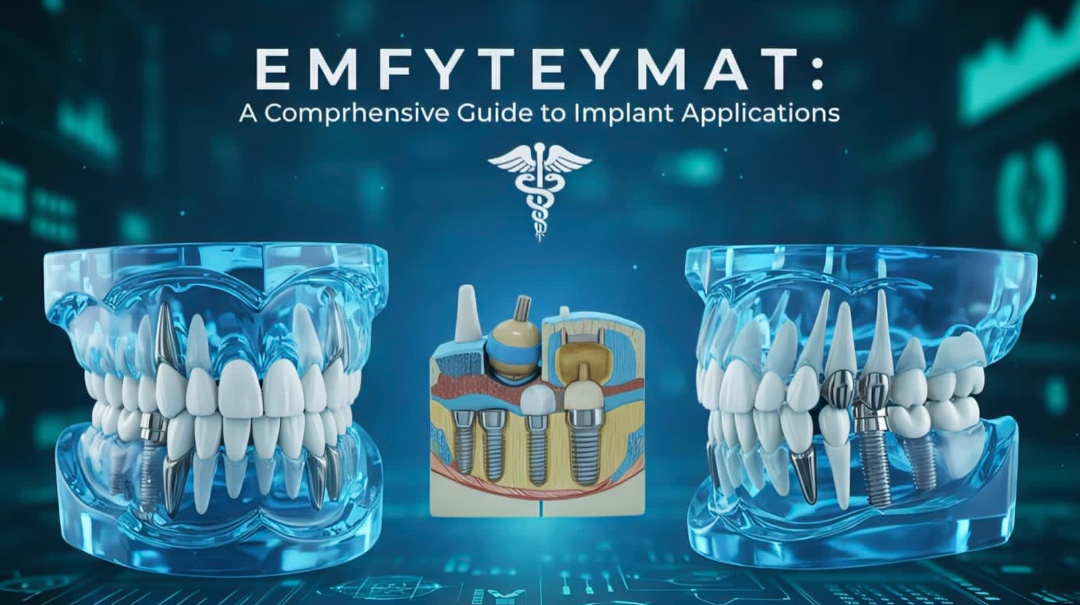In today’s world, the hidden camera is a tool that can be very helpful or harmful. But what happens when these cameras appear in places like massage rooms? This concern has grown over time, and it’s important for people to understand the implications. Massage hidden cameras have raised questions about privacy, safety, and trust between therapists and clients.
What are massage hidden cameras, and why do they matter? These little devices can be used for good, like security, but they can also be used to invade privacy. How do these cameras affect the trust and safety of clients and therapists? Understanding this will help ensure that everyone feels safe and respected during a massage session.
This article will explore the effects of massage hidden cameras on privacy. We’ll look at how they work, their benefits and drawbacks, and how massage therapists can protect themselves and their clients. Keep reading to learn more about this important topic.
The Basics of Hidden Cameras
Hidden cameras have become a part of modern technology, offering both helpful and harmful uses. They can be as small as a button, making them hard to spot. These cameras are often used to record without anyone knowing.
Hidden cameras can be wireless or wired. Wireless cameras send video via the internet, while wired cameras need a direct connection. They’re used for security or surveillance but can also invade privacy if misused.
The use of hidden cameras in massage rooms is troubling. While some might argue they’re for safety, they also raise ethical concerns. Massage therapists must be aware of these issues to protect themselves and their clients.
Why People Use Hidden Cameras
Hidden cameras are used for many reasons, both good and bad. They help monitor spaces for security, catching wrongdoers in the act. Businesses and homeowners use them to keep an eye on their property.
However, not all uses are ethical. Some people use hidden cameras to invade others’ privacy. This misuse can lead to trust issues and harm relationships. Massage therapists need to be aware of the potential risks and take steps to address them.
Understanding the reasons behind hidden camera use can help inform decisions about their role in massage therapy settings. Balancing security with privacy is key to maintaining client trust.
The Role of Privacy in Massage Therapy
Privacy is a critical component of massage therapy. Clients expect a safe space where their personal and physical boundaries are respected. However, the presence of hidden cameras can compromise this trust.
Clients may feel uneasy knowing there could be cameras in the room. This discomfort can affect their overall experience and willingness to return. Massage therapists must prioritize privacy to build strong relationships with their clients.
By addressing privacy concerns, therapists can create a welcoming environment. Ensuring confidentiality and respect is vital for maintaining trust and promoting relaxation.
Technology and Its Impact on Trust
Technology has changed the way we interact, both positively and negatively. In massage therapy, technology can enhance the experience or create mistrust. Hidden cameras, for example, can make clients feel uncomfortable.
When trust is broken, it can be difficult to repair. Clients may share their negative experiences, affecting a therapist’s reputation. Maintaining trust is essential for building long-lasting client relationships.
By understanding the impact of technology on trust, massage therapists can make informed decisions about its use. Creating a safe and transparent environment is key to fostering positive client experiences.
Legal Implications of Hidden Cameras
The use of hidden cameras raises legal questions. Laws differ by region, but most require consent for recording. Recording without permission can lead to serious consequences, including fines or legal action.
Massage therapists must understand their local laws regarding hidden cameras. Ensuring compliance is essential for protecting both themselves and their clients. By staying informed, therapists can avoid potential legal issues.
Addressing the legal aspects of hidden camera use can help maintain trust and protect client privacy. Staying informed about the law is crucial for ensuring a safe and respectful environment.
Ethical Concerns in Massage Therapy
The use of hidden cameras in massage therapy raises ethical concerns. Clients trust therapists to respect their privacy, and hidden cameras can betray this trust. Ethical practice requires transparency and honesty.
Therapists must weigh the benefits and drawbacks of using hidden cameras. While they may offer security, they can also harm relationships. Prioritizing client privacy and trust is key to maintaining ethical standards.
By addressing ethical concerns, massage therapists can create a supportive and respectful environment. Upholding ethical principles is essential for fostering trust and promoting client satisfaction.
How to Detect Hidden Cameras
Detecting hidden cameras can be challenging, but it’s important for maintaining privacy. There are simple steps you can take to identify them in a massage room. Look for unusual objects or out-of-place items that could hide a camera.
Use a flashlight to check for reflections from camera lenses. You can also purchase a hidden camera detector to help identify potential devices. Being proactive can help protect your privacy and ensure a comfortable environment.
By learning how to detect hidden cameras, massage therapists can provide a safe space for clients. Ensuring privacy and security is essential for building trust and promoting relaxation.
Creating a Safe Environment
Creating a safe environment is crucial for massage therapists. Clients should feel comfortable and secure during their sessions. Addressing privacy concerns and ensuring confidentiality is key to achieving this.
Therapists can take steps to enhance safety, such as conducting regular checks for hidden cameras. Providing clear communication and setting boundaries can also help foster trust. By prioritizing safety, therapists can create a welcoming atmosphere.
A safe environment promotes relaxation and trust, benefiting both clients and therapists. By focusing on safety, massage therapists can enhance the overall experience and foster lasting client relationships.
Building Trust with Clients
Building trust with clients is essential for successful massage therapy. Trust fosters positive relationships and encourages clients to return. Transparency and open communication are key to building this trust.
Therapists should address privacy concerns and discuss any potential use of technology. By being honest and respectful, therapists can create a supportive environment. Building trust requires effort but is crucial for long-term success.
By prioritizing trust, massage therapists can enhance client satisfaction and promote relaxation. A strong foundation of trust benefits both clients and therapists, leading to positive experiences and lasting relationships.
The Future of Massage Therapy and Technology
The future of massage therapy is likely to involve more technology. However, therapists must balance the benefits with potential privacy concerns. Understanding the impact of technology is essential for making informed decisions.
Therapists should stay updated on technological advancements and assess their implications. By doing so, they can ensure they are using technology ethically and effectively. Balancing innovation with privacy is key to maintaining trust.
The future of massage therapy will involve navigating technological changes. By staying informed and considering ethical implications, therapists can continue to provide excellent care while fostering trust.
FAQs With Answers
What are massage hidden cameras?
Massage hidden cameras are small recording devices placed in massage rooms without clients’ knowledge. They can capture video or audio without being easily detected.
Are hidden cameras legal in massage rooms?
The legality of hidden cameras in massage rooms varies by region. Generally, recording without consent is illegal and can lead to serious consequences.
How can clients ensure their privacy during a massage?
Clients can ensure their privacy by asking therapists about their privacy policies and checking for hidden cameras in the room. Communication and awareness are key.
Why might hidden cameras be used in massage therapy?
Some may argue that hidden cameras provide security, but they often raise privacy concerns. Their use can compromise trust between clients and therapists.
How can massage therapists build trust with clients?
Therapists can build trust by prioritizing privacy, ensuring transparency, and maintaining open communication. Addressing concerns and creating a safe environment is essential.
Conclusion
Massage hidden cameras raise important questions about privacy and trust. While technology plays a significant role in modern life, it’s crucial to balance its benefits with potential privacy concerns. By understanding the impact of hidden cameras, massage therapists can create a safe and respectful environment for clients.
Building trust is essential for long-term success in massage therapy. By addressing privacy concerns and maintaining open communication, therapists can foster positive relationships with their clients. As technology continues to evolve, it’s vital for therapists to stay informed and make ethical decisions.
For those interested in exploring this topic further, consider researching local laws and seeking resources on privacy and technology in massage therapy. By staying informed, therapists can continue to provide excellent care and promote a positive experience for their clients.










